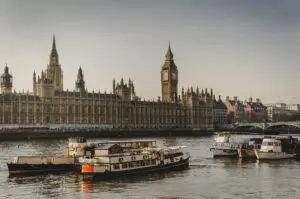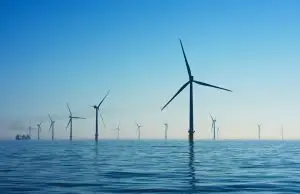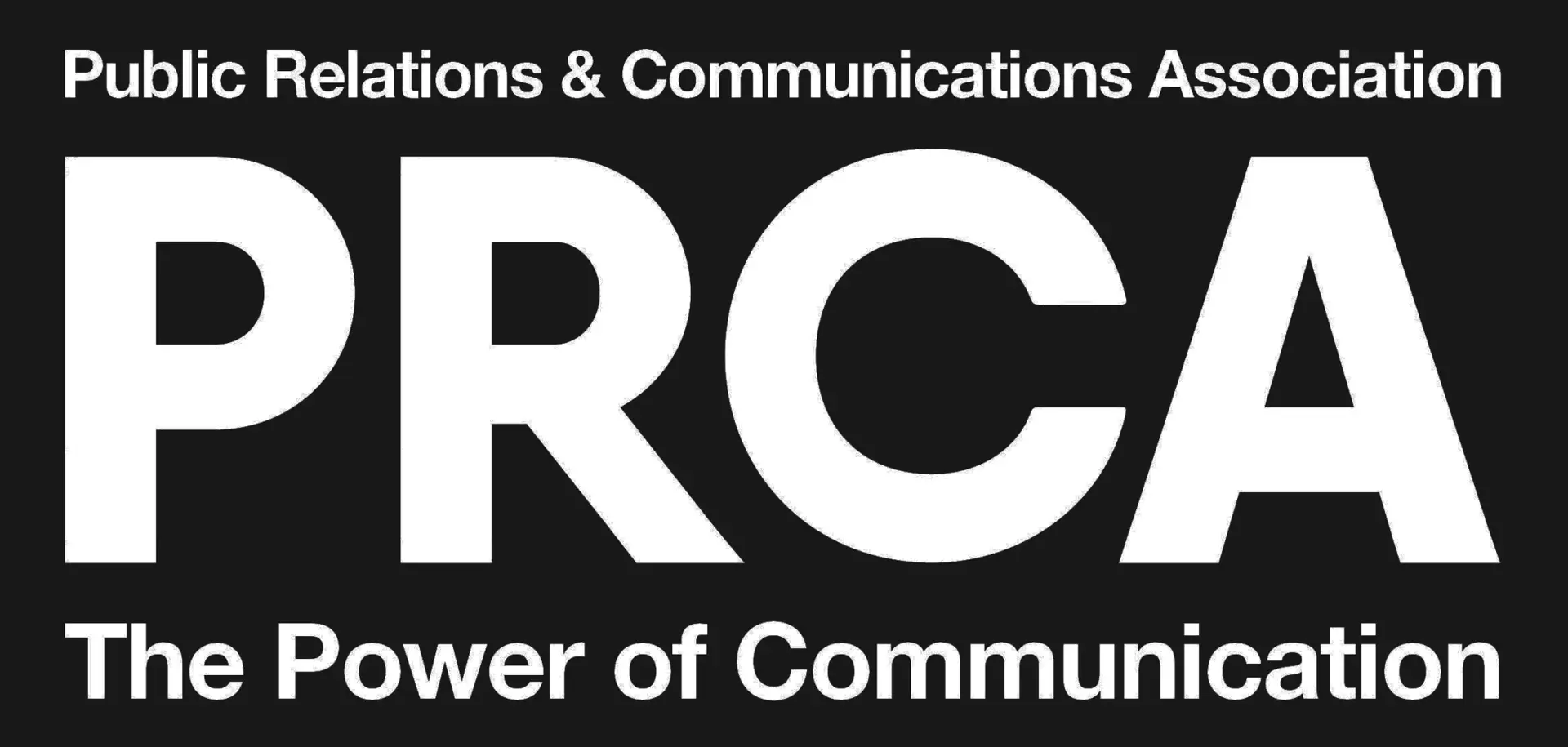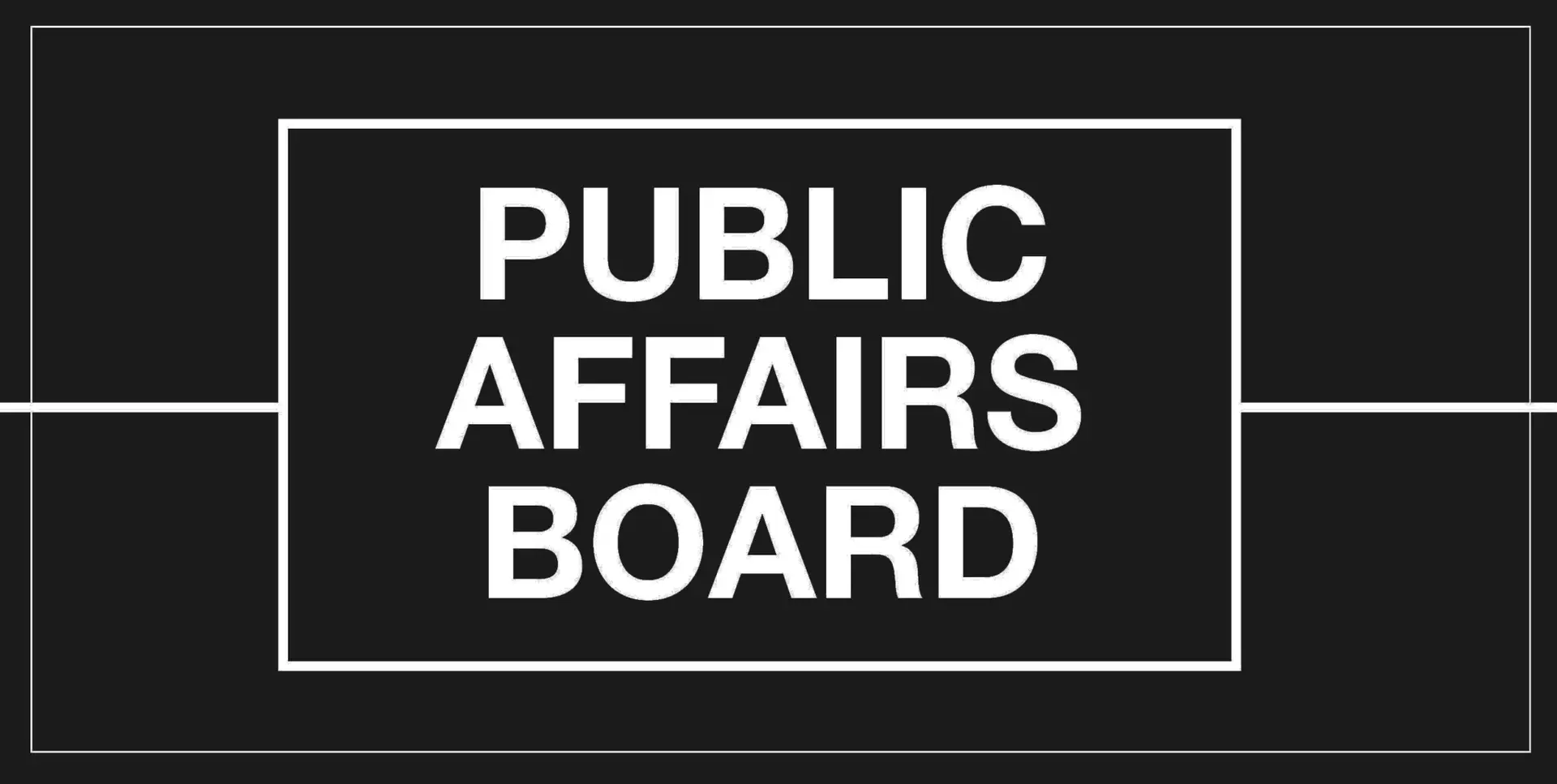In recent months, the Conservatives have increasingly introduced or campaigned for policies to roll back net zero and other environmental measures. At the Uxbridge and South Ruislip by-election in July this year, the Conservative candidate won by campaigning against the London Ultra Low Emission Zone.[1] Following this result, in his speech to Conservative Party Conference, the Prime Minister announced the postponement of a ban on cars with combustion engines to 2035 and a delay to the phase out of gas boilers until 2035. In the King’s Speech on 7 November, the Government announced the Offshore Petroleum Licensing Bill, which will provide for annual oil and gas licensing rounds.[2]
These changes represent a deliberate strategy, designed to open up a dividing line with the Labour Party on the issue of the environment and net zero. At present, the two most important issues facing the country according to a survey of British adults by YouGov are the economy and health.[3] Both of these are valence issues, where there is a broad amount of consensus amongst the electorate on what is important, and perceptions of competence in delivering results matter more. Due to factors such as the NHS backlog, doctors’ strikes and inflation, the Conservative Party is seen as incompetent by over 60% of voters,[4] and Labour has opened a commanding lead in the polls.[5] The Conservatives’ net zero changes can therefore be seen as an attempt to distract from these issues and focus attention on an area where Sunak thinks that Labour Policy is unaligned with the views of the electorate. If Sunak continues to pursue this strategy, it is likely that further announcements will be made in the run up to the next general election, expected in 2024.
However, such a strategy will come up against two obstacles.
Firstly, such a strategy will prove unpopular with some Conservative MPs. Conservative voters are mostly supportive of Sunak’s net zero changes so far,[6] though further changes to environmental policy may reduce that support. Nevertheless, many MPs, including former cabinet ministers Sir Alok Sharma and Sir Simon Clarke, have already criticised the changes to net zero targets.[7] Further changes to net zero or environmental policies may result in a backbench rebellion in the House of Commons, or public arguments between Conservatives MPs, both of which would lend further credence to Labour’s message that the Conservative Government is unstable and riven with infighting.
Secondly, it is unclear how much support net zero policies have amongst the general public. As the Uxbridge and South Ruislip by-election result demonstrated, environmental policies can be very unpopular in certain contexts. While polls suggest that over 70% of the public supports the net zero goal,[8] further polling shows that the public are much less supportive of net zero policies when they are made aware of the lifestyle and financial implications for them.[9] For instance, in October 2021, Ipsos found that 53% of adults support creating low traffic neighbourhoods, but this number falls to 18% once they are presented with the potential implications on their lifestyle and finances.[10] The problem for the Conservatives is that there are few environmental measures where opposition has been so forceful as with the London ULEZ, and even fewer where their effects are felt nationwide. Using environmental policies as a dividing line is therefore an enormous gamble, which is likely to alienate more swing voters than it wins over.
Only time will tell whether this gamble will be successful, but with the Conservatives currently 19 points behind in the polls,[11] and a general election expected in less than a year, it is unlikely that this one single issue will be enough to turn the tide.
[1] BBC News, Uxbridge by-election: Khan defends Ulez after Starmer blames it for poll setback, 21 July 2023, link
[2] Prime Minister’s Office, 10 Downing Street, The King’s Speech 2023, 7 November 2023, link
[3] YouGov, The most important issues facing the country, 30 October 2023, link
[4] YouGov, Is the Conservative Party competent or incompetent, 6 November 2023, link
[5] Politico, Poll of Polls United Kingdom, 6 November 2023, link
[6] Ipsos, Public split on whether announcement to delay/cancel Net Zero policies was right or wrong, 22 September 2023, link
[7] Sky News, Tory backlash as Sunak suggests he will delay UK’s switch to electric cars by five years, 20 September 2023, link
[8] YouGov, To what extent do you support or oppose the government’s commitment to cutting carbon emissions to net zero by 2050?, 24 July 2023, link
[9] Ipsos, Public support majority of net zero policies… unless there is a personal cost, 18 October 2021, link
[10] Ibid
[11] Politico, Poll of Polls United Kingdom, 6 November 2023, link







